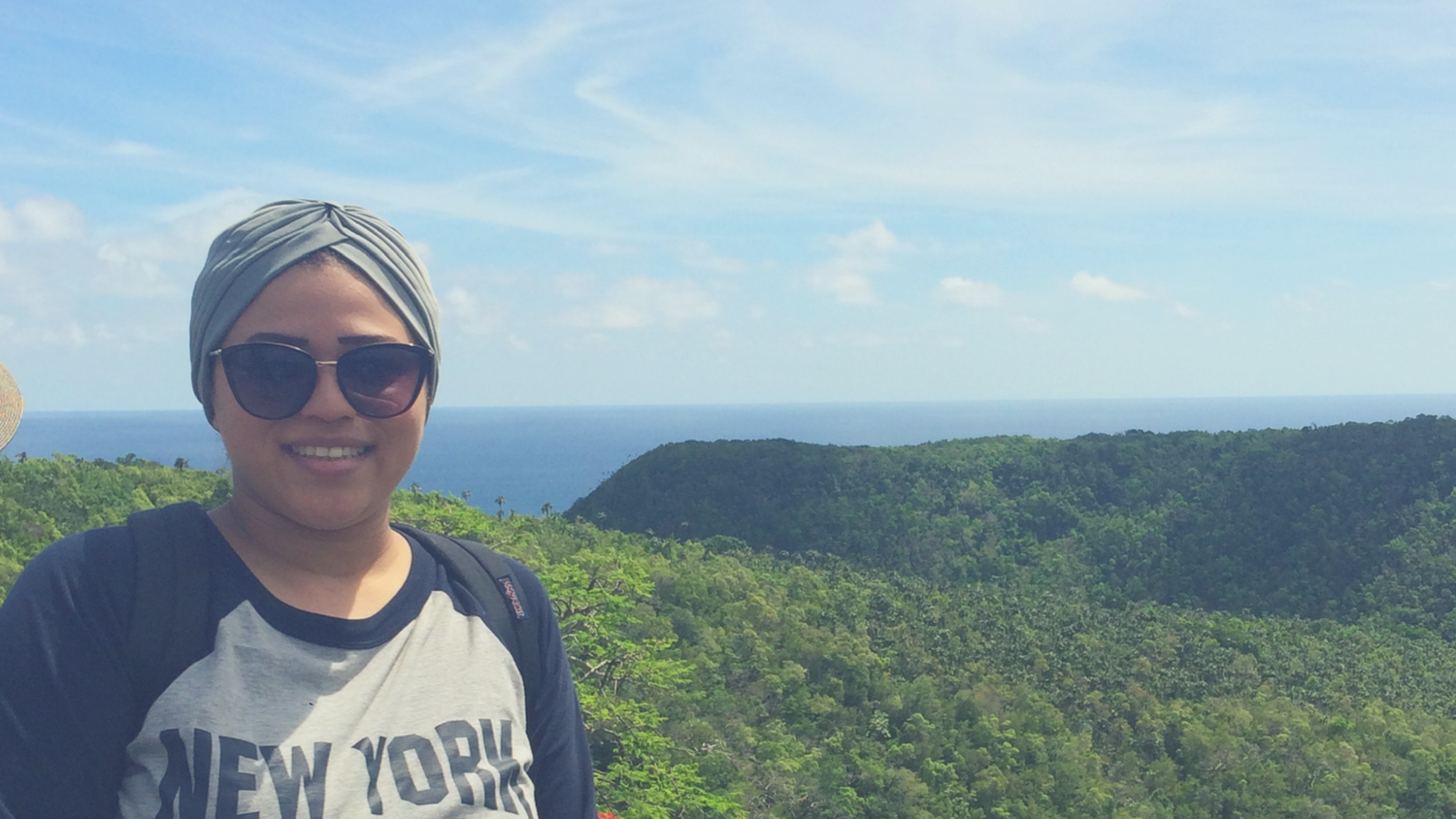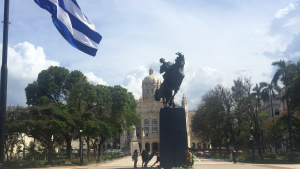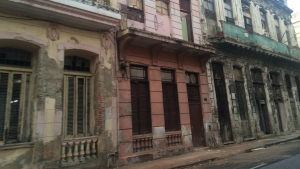Meet Asiya Nasser

Program and Location:
Cuba: History, Environment, and Culture; Havana, Cuba
Why did you choose to study abroad?
I love to travel, and what a great way to knock out two birds with one stone.

What did you learn about yourself?
I can adapt to poorer environments and relate with underprivileged people, I also am a great communicator when I’m alone and not in a crowd.
What was one of your favorite parts of your program?
Being in Old Havana in a neighborhood with the locals, Making news friends, going out to dinner with my Cuban friends, the crystal clear beaches.

What advice do you have to future study abroad students?
Take it easy, don’t feel like you have to do everything there is to do at once. But also take some adventures and go out on your own and experience what you want to experience.
How did your study abroad experience prepare you for your future career?
It made the wold of difference not only learning the political and economic effects the embargo has had on Cuba, but also the effects it’s had on the peoples’ well-being and emotions.

Were you surprised by anything during your time abroad?
I was surprised mostly by the religion; I assumed it was predominately catholic, but religion there was far more complex then being one thing. Cuba has free healthcare, education and food rations distributed to the entire population. I was also surprised about the refugee population there.
How were your classes abroad different than if you would have taken them at NC State? Did you take any field trips or do anything outside of the traditional classroom?
Trips were great and guided by some very interesting people. My class time was long but I very much enjoyed being taught by Cuban nationals, all of whom had such insightful opinions and values to share.
Would you do it again?
Yes, if I had more money.
In what ways did your identity have an impact on your experience abroad?
Being Muslim was very comfortable in Cuba, and the Muslim community was also very protective of me and welcoming. But I insisted to explain to people there that I was a student and not a tourist, which made quite a difference in conversations.
Is there any advice you would give to other students who share your identity?
I believe that sometimes you are more than your religion, so if you ever feel unsafe, don’t go out of your way to show that aspect of yourself for your own safety. In terms of race, you will find a wold of different opinions in Cuba, one man told me, “I do not know racism, that is not the world I grew up in,” and I believe Cuba can truly reflect that.
Where did you find support to navigate any challenges you faced abroad?
My professor was very supportive.